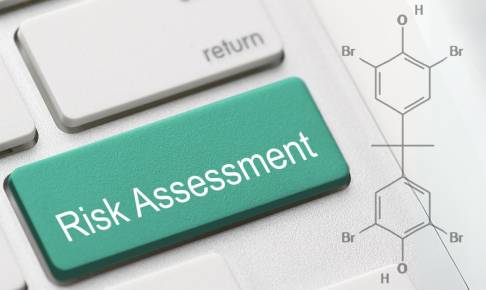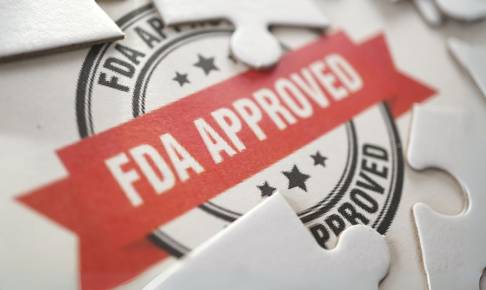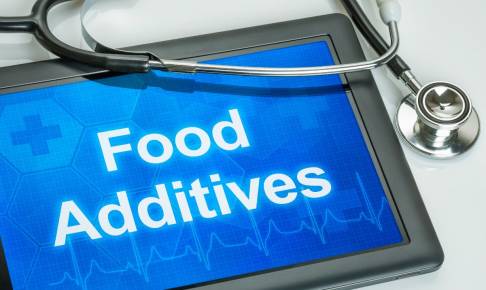ANSES points fingers at nanoparticles in foods
The French National Agency for Food, Environmental and Labor Safety (ANSES) has recently focused its attention on nanomaterials, pointing out the fact that our knowledge on their possible effects on human health is completely inadequate, mainly due to serious methodological deficiencies in the analyses.
Nanomaterials are used in many food products (e.g. dehydrated soup, ham, a vitamin supplement, puff pastry, infant milk and dog food) to improve their appearance, their palatability or to facilitate the absorption of certain nutrients. Due to their characteristics (size, morphology, etc.), nanomaterials can accumulate in certain organs. This is the reason why, according to ANSES, a “nanospecific” approach to assess the potential health risks associated with their ingestion is needed.
In 2021, ANSES proposed a so-called “nanospecific” risk assessment methodology and published a document with indications for carrying out the most appropriate investigations regarding the possible health risks. The methodology has been tested on the food additive E171, titanium dioxide (the most studied nanomaterial, banned in Europe since August 2022). ANSES declared that this concrete application of the methodology shows its validity, the extent of the missing data (relating to toxicity for the fetus, the genome, the nervous system, the endocrine and reproductive, and those on cancer risk), and the need for a “nanospecific” approach.
In view of this observation, ANSES reiterates its recommendation to limit the exposure of workers and consumers to nanomaterials until their harmlessness has been demonstrated, and to avoid the dispersion of these particles in the environment.
Source:
https://www.anses.fr/fr/nanomateriaux-alimentation-premiere-application-methodologie






















